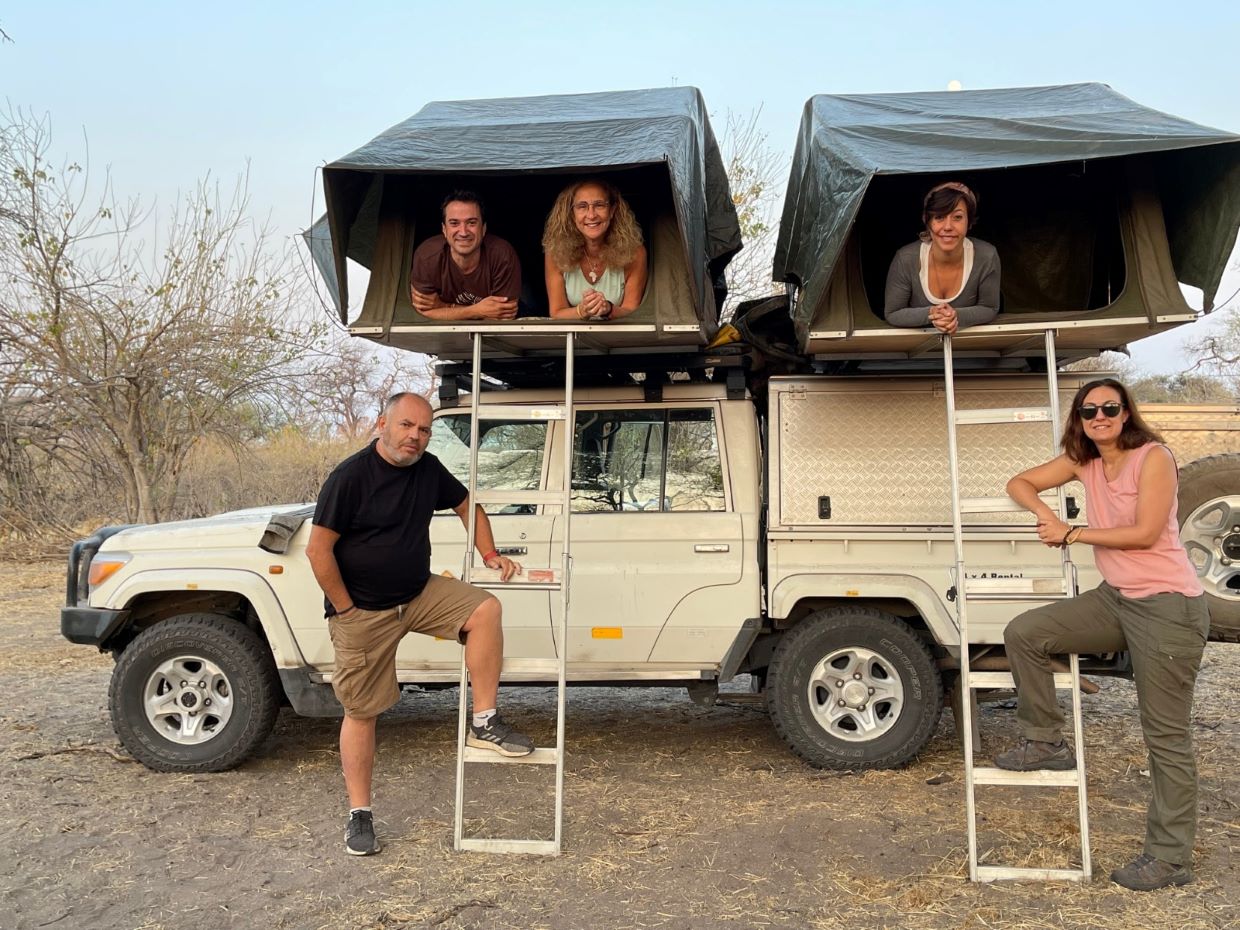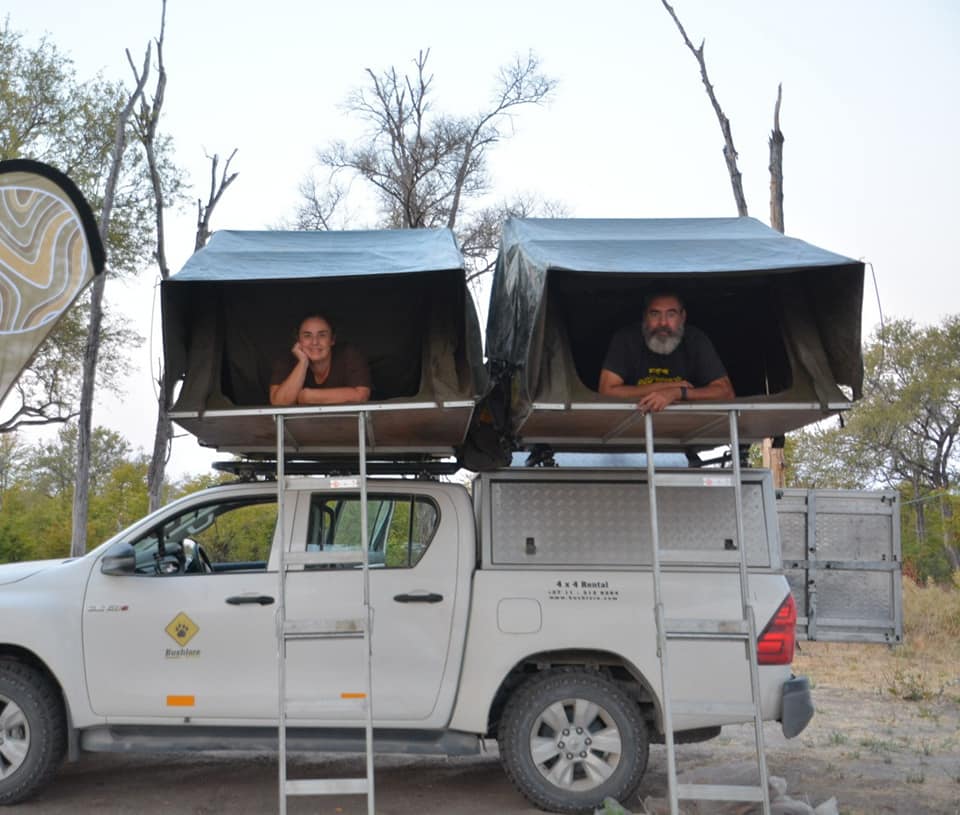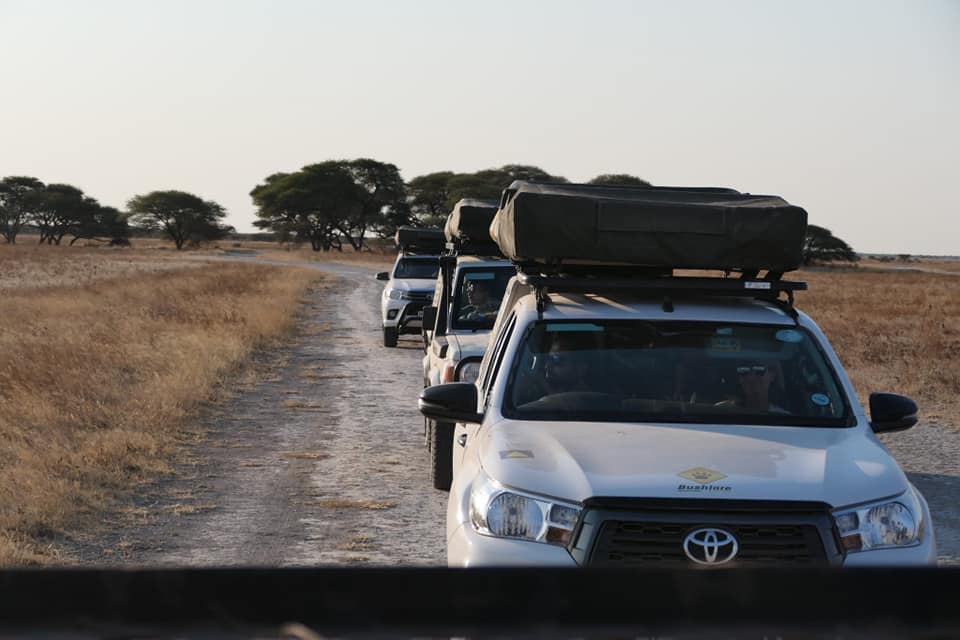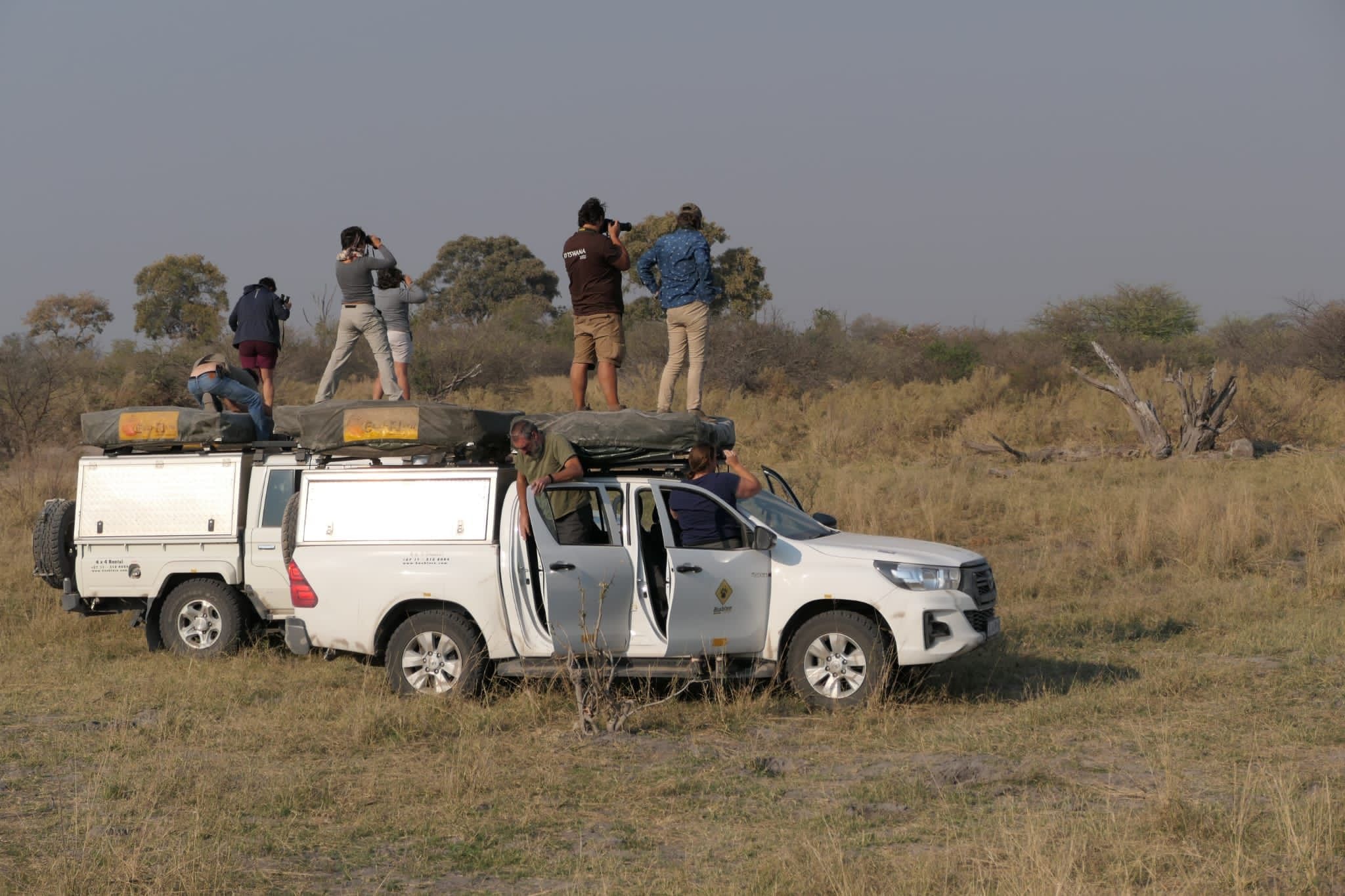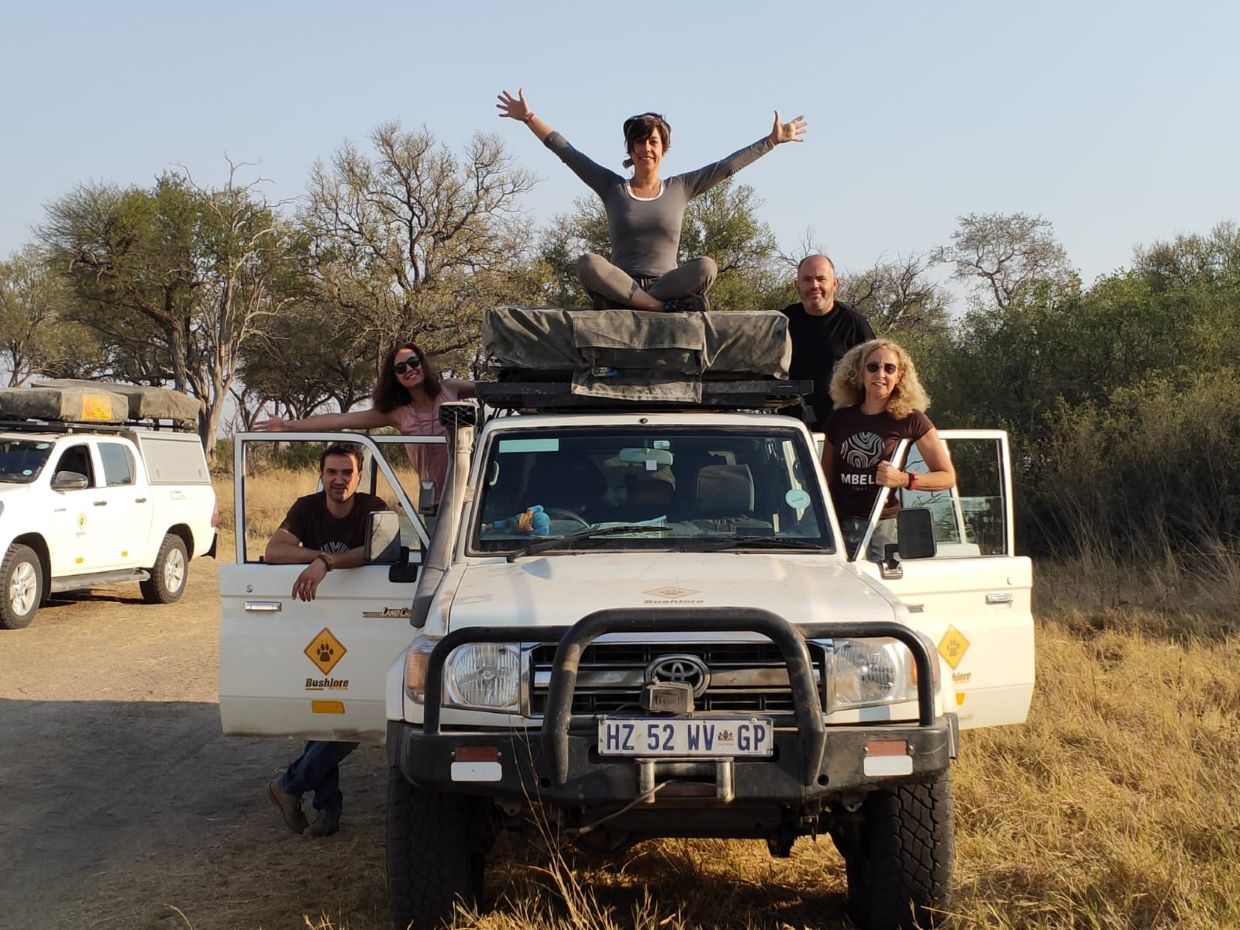Enjoy the Wilderness
Experience Botswana on the safari of a lifetime. A dedicated team that specializes in crafting personalized travel experiences, ensuring that each trip is tailored to meet the unique preferences and needs of our clients.
Overview
Botswana has a genuine commitment to conservation of environment, wildlife and cultural heritage, making it a leader in eco-tourism. Over 38% of the land is protected for wildlife and nature conservation. Botswana has so much to offer and is one of the most sought after wildlife destinations in Africa.
Fully equipped self-drive camping safaris have become a popular way of seeing Botswana in your own time, focusing on what you want and at very low cost. Fully equipped 4×4 vehicles are available for hire in Maun if you fly in.
A self-drive camping trip requires a good deal of planning and preparation. All the roads in the National Parks are sand or dirt tracks so it can be quite challenging and expect slower driving conditions. You will often be driving through remote areas, thick sand or deep water so it is important to always carry extra drinking water, fuel and spare wheels.
Campsites within the game reserves and national parks are not fenced so campers must take the necessary precautionary measures to ensure their safety.
Camping Rules
The following basic camping rules should be strictly adhered to:
-
Only camp in designated campsites.
-
Always sleep in your tent, roof tent or vehicle. Make sure your tent zips up well.
-
Don’t sleep with legs or arms protruding from the tent.
-
Use rubbish receptacles at the campsites; if there are none, carry away all rubbish until you get to the next town.
-
Cigarette butts should be well extinguished and placed in a rubbish bag, not thrown on the ground.
-
Make sure the campfire is well extinguished at the end of the evening, or after use, and cover it with sand.
-
Don’t sleep on bridges or animal paths, particularly those of elephants and hippos.
-
Bury all faecal matter and burn all toilet paper.
-
Don’t bathe or drink from still bodies of water; there is the danger of bilharzia.
-
In the Okavango, don’t swim in lagoons or streams; there is the danger of crocodiles and/or hippos.
-
Children must be constantly supervised. Never leave them alone in the campsite. Never allow children to nap on the ground or in the open.
-
Don’t stray far from the campsite, or walk in the bush, unless with a qualified guide.

